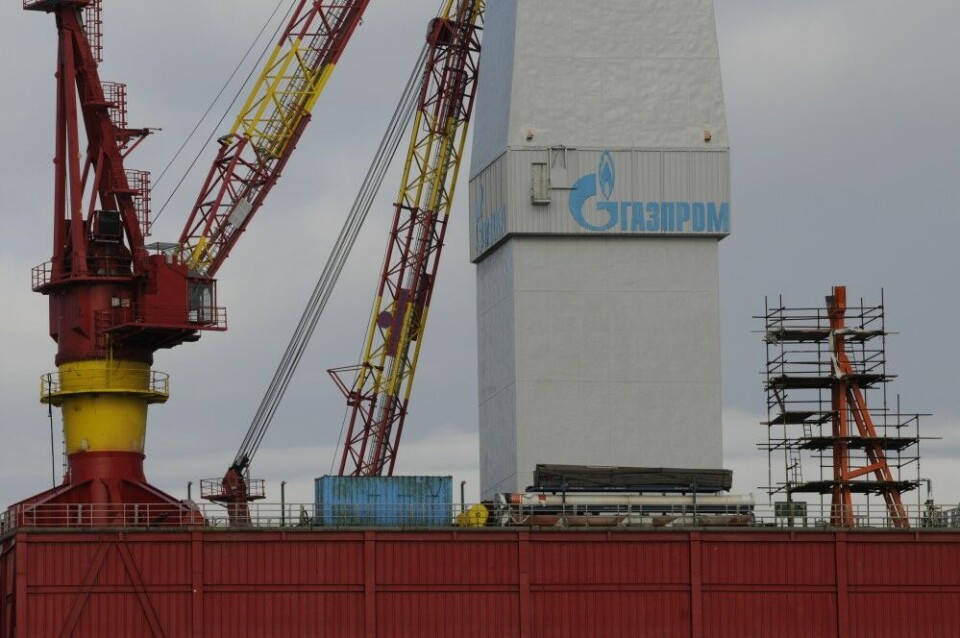
Russia may have passed peak oil output
Russian oil production might never recover to pre-coronavirus levels, the country’s Energy Ministry has forecast, according to the Kommersant business paper.
In a strategy document outlining prospects for Russia’s critical oil and gas industry, the government said its “base case” — or most likely — scenario is that Russia’s oil production will never again hit the record levels recorded in 2019.
In the last full year before the pandemic, Russia produced 560 million tons of oil — equivalent to 11.3 million barrels a day. But output dropped for the first time in more than a decade in 2020 as Russia agreed on significant production cuts with Saudi Arabia and other members of the OPEC cartel in a bid to support oil prices at the start of the pandemic — pushing production down 9% to 10.3 million barrels per day.
In the scenario labeled most probable, the Energy Ministry predicts Russia’s oil output will grow over the rest of the decade — but fail to hit the record output of 2019, with production hitting a post-coronavirus peak of 11.1 million barrels a day in 2029 before decreasing to 9.4 million barrels a day by 2035.
Russia vies with Saudi Arabia to be the world’s second-largest oil producer, behind the world-leading U.S. The Russian economy remains heavily dependent on energy exports, with revenues in pre-pandemic years accounting for more than a third of the government’s total budget and all extractive industries — covering oil, gas and other commodities — accounting for almost 40% of Russian GDP, according to the country’s statistics agency Rosstat.
In its most optimistic scenario, the Energy Ministry expects production to pass pre-coronavirus levels, peaking in 2030 at 12.8 million barrels a day before starting to decline. In every scenario presented, the Energy Ministry said Russian oil production had either already peaked, or would hit its maximum level within the next decade, Kommersant reported.
Russia remains poorly positioned to take advantage of the global energy transition to cleaner and renewable sources of energy, experts say. While countries in Europe and the U.S. have put clean energy at the center of their post-coronavirus economic stimulus and investment packages, Russia is reportedly planning to cut state spending on green energy. Analysts estimate that if every project currently in development is completed in time, Russia’s electricity generation from renewable sources, excluding hydropower, will be just 1% by 2024.
“While international oil [majors] are falling over themselves in their business transformation potential to become ‘clean,’ Russians are unlikely to compete with them in this renewables drive,” VTB Capital’s deputy head of oil and gas research Dmitry Loukashov said in a research note last week.
He does believe, however, that the Russian oil and gas industry could capitalize on so-called transition fuels, like hydrogen or ammonia, as well as take a leading role in investment and research into carbon capture technology.
The Energy Ministry strategy outlines that government tax cuts to high-potential oil fields, such as those in the Arctic region, will be crucial in helping the country maximize the potential of the vast energy resources it still sits on.
If oil prices lag, it estimates that only a third of Russia’s proven reserves will be profitable to extract, while even in the most optimistic scenario, with higher global oil prices, only two-thirds of Russia’s recoverable reserves will be taken out of the ground.
This article first appeared in The Moscow Times and is republished in a sharing partnership with the Barents Observer.















